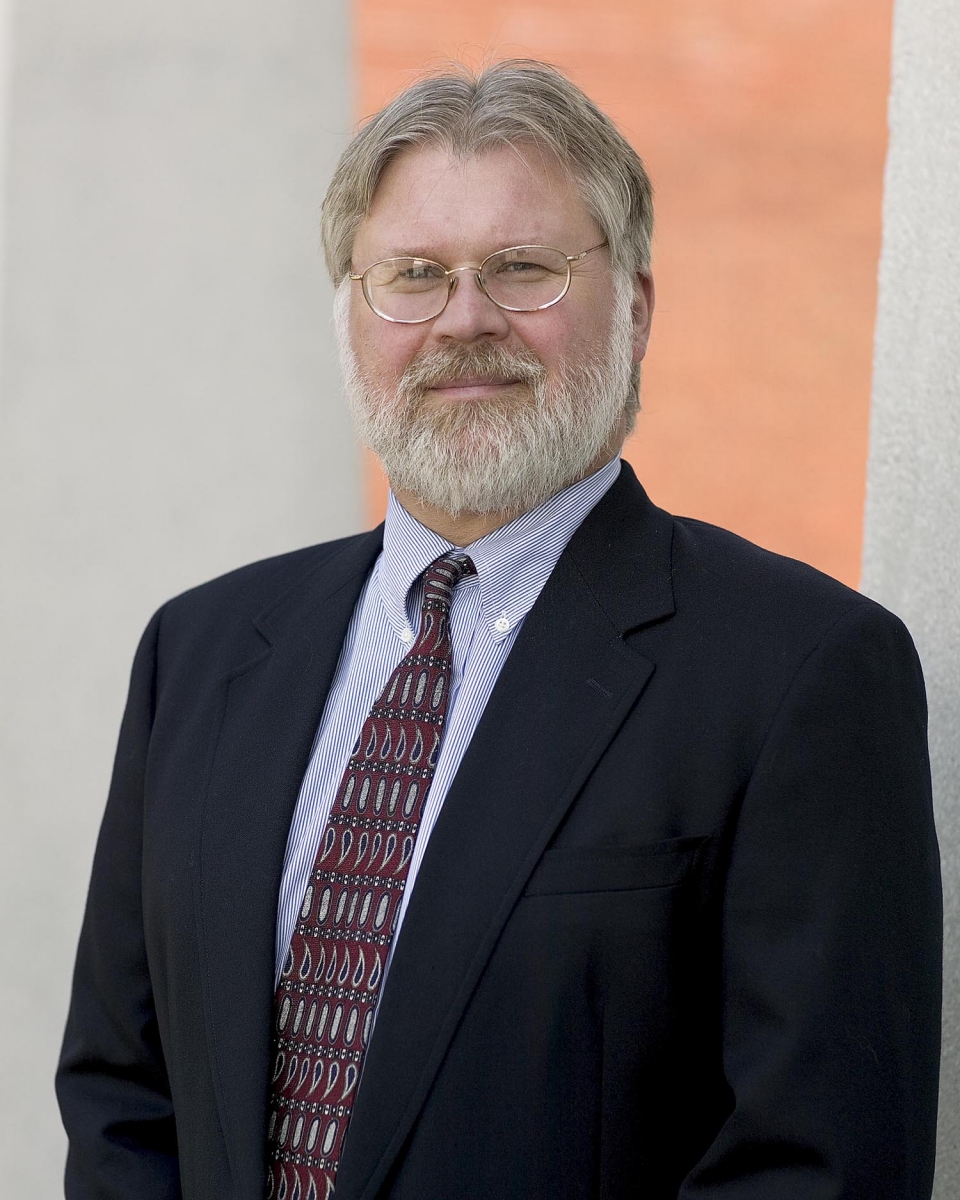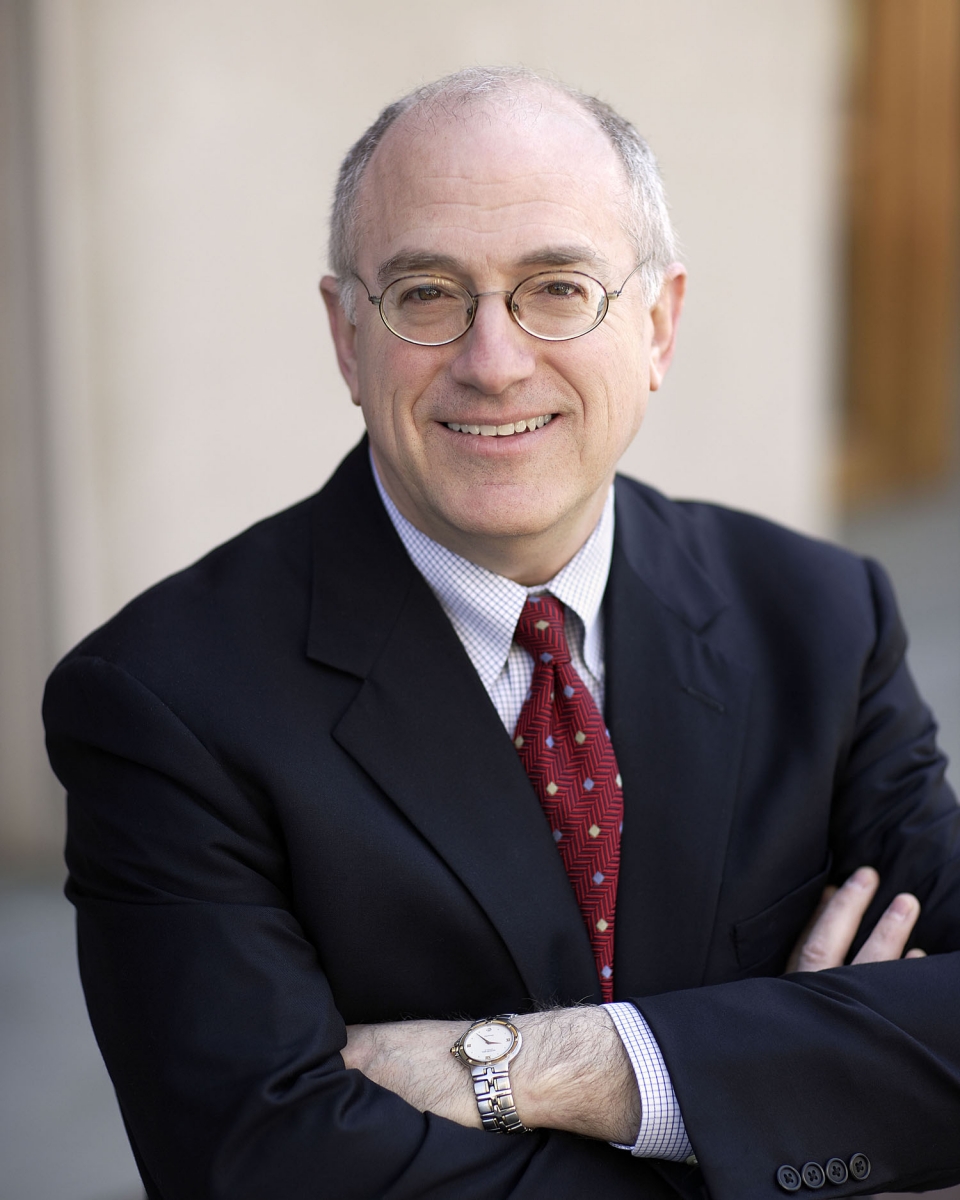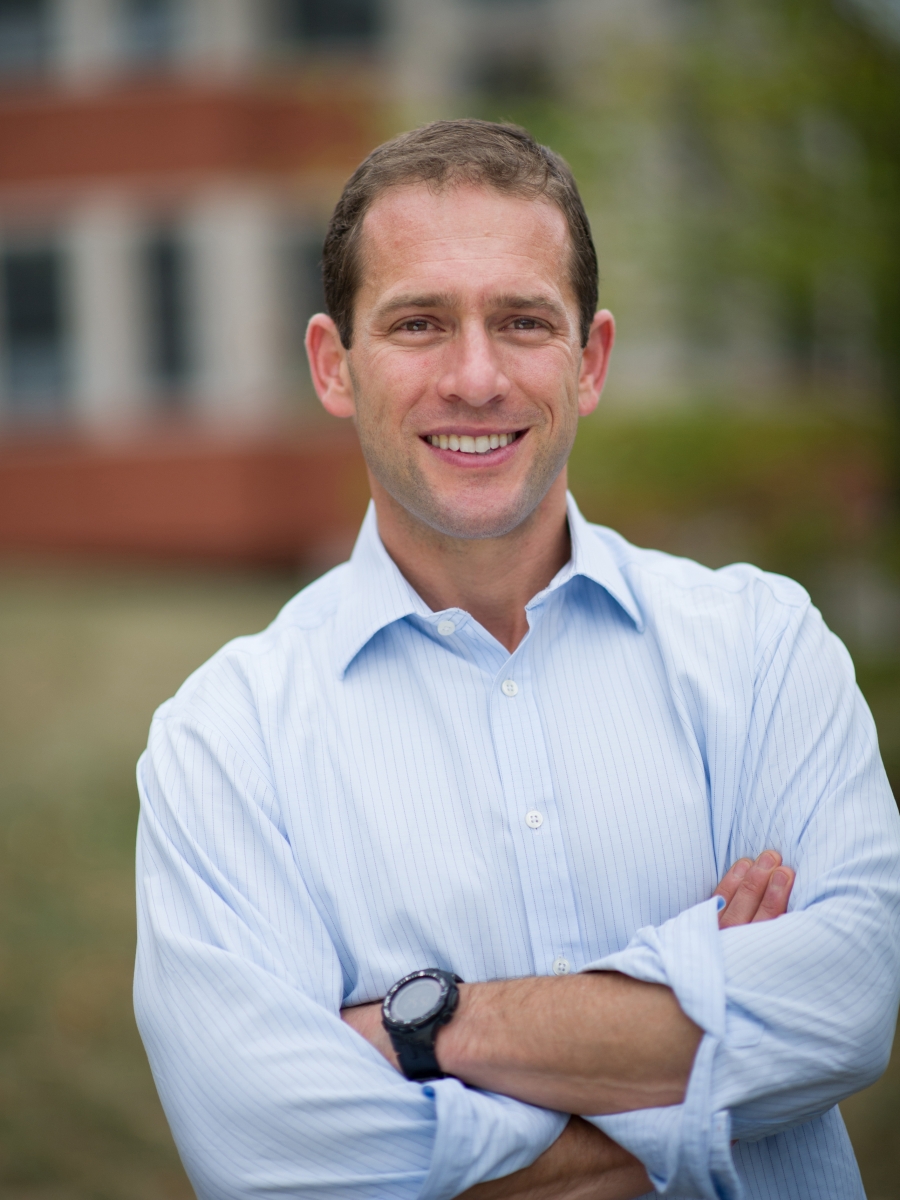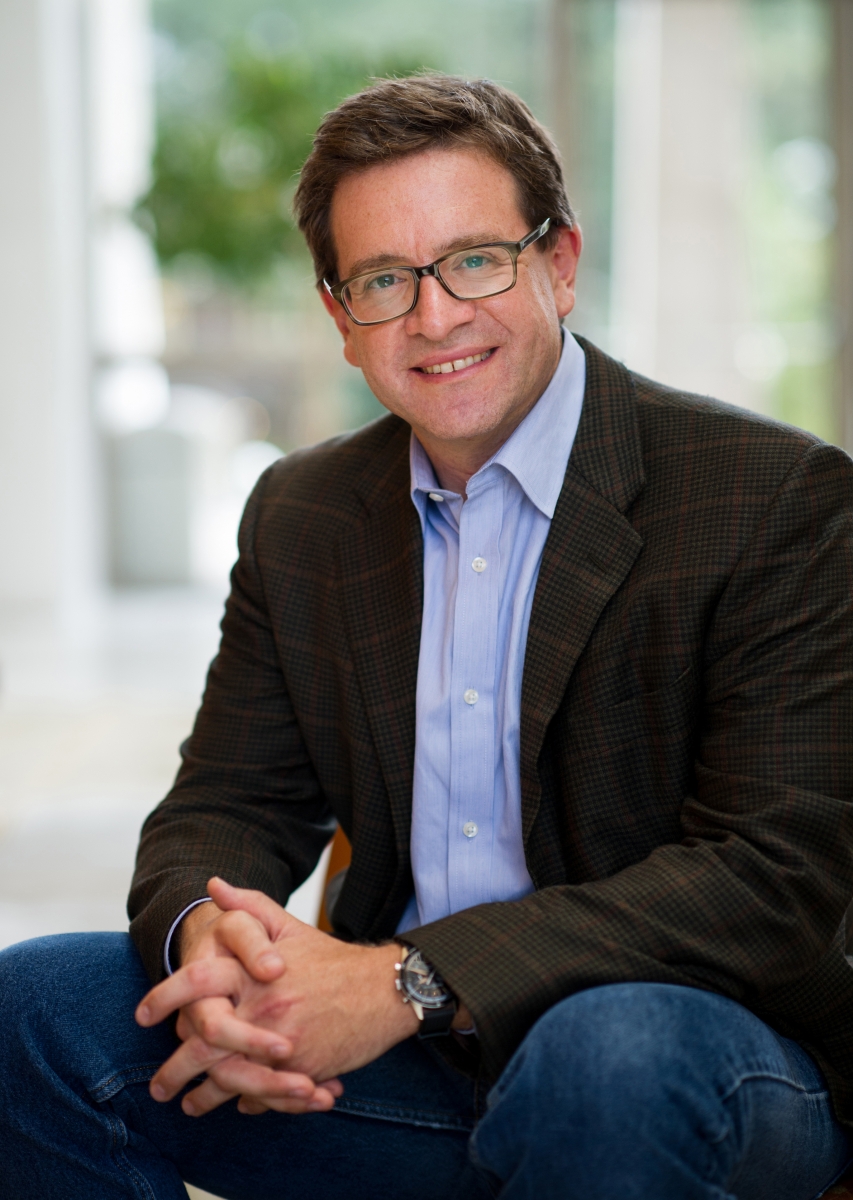In his seventh and final State of the Union address, President Barack Obama said he wanted to talk about the future and “the four big questions that we as a country have to answer”: 1) an economy undergoing profound changes; 2) the need for innovation in technology to address critical challenges such as climate change and disease prevention; 3) ensuring national security while refining immigration policy and defining the United States’ leadership role in world events; and 4) returning to a political climate in which debates are constructive and there exists a “willingness to compromise.”
Experts from Princeton University’s Woodrow Wilson School of Public and International Affairs weighed in on how President Obama addressed these important themes.
Q. What impact, if any, will the president’s comments have on the climate change debate going forward?
The president called for turning to technology to solve rather than exacerbate climate change and properly emphasized the isolation of those who challenge the science. But what’s new compared to previous State of the Union speeches by Obama and his predecessors is that the president wove together the necessity of solving climate change with the overarching agenda of keeping America safe and secure. The same for energy policy – in each mention, he linked it with a broader economic and security agenda. In other words, he placed climate change at the highest level of importance.
Interestingly, he also appeared to call for a price on carbon and an end to fossil fuel subsidies - tantalizing but lacking detail about specifics and how to get it done.
Overall, the speech raised climate change to the highest level of importance but left the listener hungry for specifics about how to move forward to get the job done.
- Michael Oppenheimer, Albert G. Milbank Professor of Geosciences and International Affairs; Director, Program in Science, Technology and Environmental Policy (STEP), As told to the WWS Public Affairs and Communications Office
Q. The president promised to keep pushing for progress on fixing a “broken immigration system” – is such progress possible during his final year in office?
Obama may keep pushing for immigration reform, but the chances of achieving it are virtually nil, given the current composition of the House. He may see hope, but the hopes of Dreamers are wearing thin with no secure future in the only country they know. Barring a major electoral upset in 2016, there is little chance for immigration reform until 2022. Whoever wins the presidency, the House will likely remain under Republican control and in thrall to Tea Party activists who are adamantly opposed to any immigration reform. Only after the 2020 census when congressional districts are reapportioned, will there be any realistic possibility of change in the House — and then it all depends on who controls the state legislatures.
hope, but the hopes of Dreamers are wearing thin with no secure future in the only country they know. Barring a major electoral upset in 2016, there is little chance for immigration reform until 2022. Whoever wins the presidency, the House will likely remain under Republican control and in thrall to Tea Party activists who are adamantly opposed to any immigration reform. Only after the 2020 census when congressional districts are reapportioned, will there be any realistic possibility of change in the House — and then it all depends on who controls the state legislatures.
Ironically, it was the Republican respondent, Nikki Haley, who spoke directly on immigration, telling Americans that “during anxious times, it can be tempting to follow the siren call of the angriest voices,” but urging them to “resist that temptation,” an obvious but ultimately empty attempt to balance the xenophobic vitriol of the Republican primaries. She went on to say that people who work hard and follow the laws “should never feel unwelcome in this country,” but that would seem to leave out the 11 million U.S. residents who are presently in violation of U.S. immigration law. Not much tonight for immigrants or their children.
- Douglass S. Massey, Henry G. Bryant Professor of Sociology and Public Affairs, Originally published in PBS News Hour
Q. Did President Obama succeed in defining his vision for a U.S. leadership role in world events? 
Q. If you think about the speech in its entirety, what impressed you most about the president’s comments?
Two things stood out to me from Tuesday’s State of the Union address. First, it was the most sarcastic State of the Union I have heard. Early in the speech, President Obama took his political opponents to task using this approach, most notably with a line linking opposition to climate change to responding to Russia’s launch of Sputnik by denying the existence of the satellite.
President Obama took his political opponents to task using this approach, most notably with a line linking opposition to climate change to responding to Russia’s launch of Sputnik by denying the existence of the satellite.
Beyond the tone, though, I was struck by the clearest articulation the president has yet made of his foreign policy approach to the Middle East. He framed the choices facing America in the region – first by trying to put the threat from terrorism in perspective by comparing it to the Soviet Union, then pointing out correctly that exaggerating the threat from terrorism is exactly what groups like Daesh would like Western politicians to do, and closing by arguing that the Middle East is going through a decades long transition process. The implicit message was that heavy-handed U.S. intervention in the region was unwarranted on cost-benefit grounds – the president cited the experiences of Vietnam and Iraq as evidence of the costs of deep intervention – and unlikely to solve the root problem in any case. The foreign policy portion of the speech seemed measured, sober and reflected the administration’s post-Afghan surge mentality of containing and managing threats.
- Jacob N. Shapiro, Associate Professor of Politics and International Affairs, As told to the WWS Public Affairs and Communications Office
Q. How will the president’s address influence the public’s view of his legacy, if at all?
With the State of the Union, President Obama has attempted to offer a more realistic and positive assessment of his time in the White House than most  Americans have been hearing about.
Americans have been hearing about.
Constantly frustrated by the fictional quality of the nation's political discourse, the president used most of his time to outline what he has accomplished and where the nation is going. "We're in the middle of the longest streak of private sector job creation in history," he said.
Even with the many problems we face, America, the president argues, is better off by most measures than when he started in 2009. His explicit goal was to redirect the national conversation in a way that will be more beneficial when historians assess his time in office.
His other objective was political, namely, to provide voters with a reason to select a Democrat to replace him. To that end, he took some shots at Donald Trump: "That's why we need to reject any politics that targets people because of race or religion. This isn't a matter of political correctness. It's a matter of understanding what makes us strong."
The problem for President Obama is that the State of the Union isn't what it used to be. If he hopes that this address can counteract the powerful currents of opposition that have affected public understanding, he is wrong. The State of the Union reaches a much smaller audience than in the past. People once had to watch the address on television, but now it is easy to tune into something else.
When President Clinton delivered his first State of the Union in 1993, 67 million Americans watched. Last year only 31.7 million watched, and the White House said there were only about 1.2 million views of its speech via video stream.
Besides, the politicized news media on parts of cable television and the Internet offers a permanent platform for conservatives to continue to speak out about the disasters they believe have happened since 2009, while much of the electorate is polarized and unwilling to budge.
So President Obama's effort will have a limited effect. He inhabits a political universe where there really isn't any bully pulpit to speak of, and where the opponents of the White House have more than enough platforms to keep spreading their gospel.
- Julian E. Zelizer, Malcolm Stevenson Forbes, Class of 1941 Professor of History and Public Affairs, Originally published at CNN.com
WWS Reacts is a series of interviews with Woodrow Wilson School experts addressing current events.


